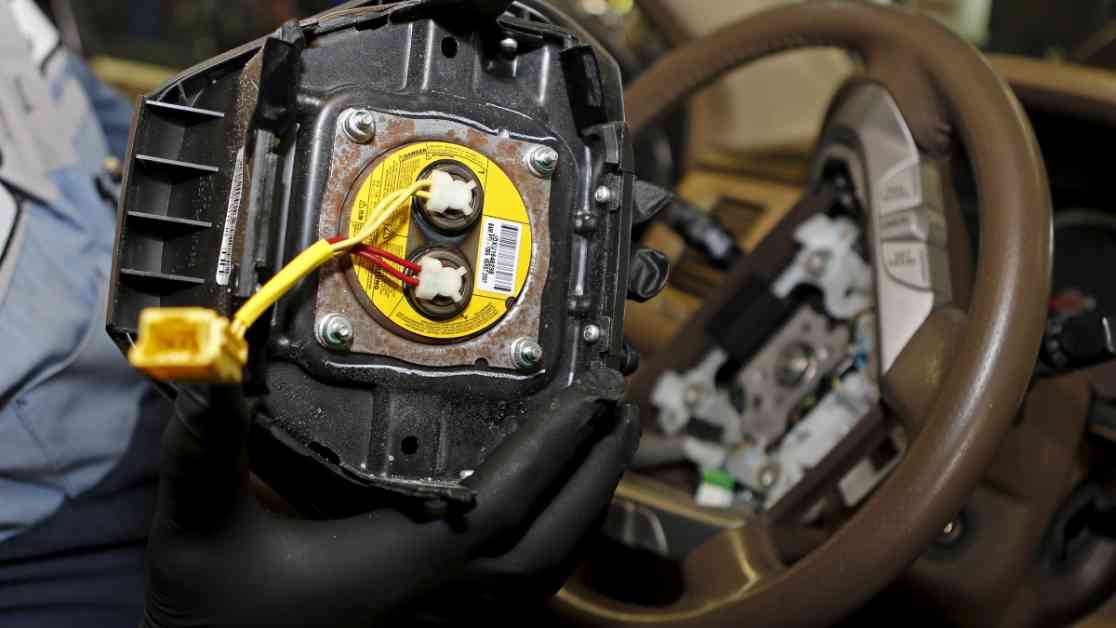We are now almost a decade into the Takata airbag recall, a massive issue that has caused 30 deaths worldwide and numerous injuries. The replacement airbags that have been installed in some vehicles are proving to be just as dangerous as the original ones. The National Highway Traffic Safety Administration (NHTSA) has issued a warning about substandard replacement airbags, linking them to three deaths and two severe injuries.
The replacement airbags in question are believed to have come from foreign companies with questionable reputations for quality and manufacturing. They are being sold at prices well below those of genuine equipment, often ordered online and installed by non-reputable repair shops or dealerships.
Autoblog reported on this issue a few months ago, noting the increasing number of Takata airbag replacements and the potential for more counterfeit products to enter American vehicles. In all cases where someone was killed or injured, the vehicle had previously been involved in a crash and had the original airbags replaced. Malfunctioning airbag inflators sent metal fragments into drivers’ bodies, causing fatal injuries.
NHTSA has provided tips to help consumers avoid getting stuck with faulty replacement airbags. These include checking the history reports of used vehicles for any previous airbag deployments and ensuring that a receipt from a reputable shop accompanies the purchase. It is also recommended to have a qualified mechanic inspect any potential used-car purchase.
When getting an airbag replaced, it is crucial to visit well-known, independent shops or dealers that have access to official or OEM-approved parts. Buyers should be cautious of purchasing parts manufactured overseas, especially if they are being sold at a discount. If the price seems too good to be true, it probably is.
Having a conversation with your repair shop about the brand of replacement parts and their sourcing is essential. Make sure that the components being installed are approved or made by your vehicle’s original manufacturer. If a faulty airbag inflator is identified, the NHTSA advises replacing it and notifying a local Homeland Security Investigations office or FBI field office.
It is vital to prioritize safety when it comes to airbag replacements and to take the necessary precautions to avoid ending up with a defective product. By following these guidelines from the NHTSA, drivers can help protect themselves and their passengers from potential harm caused by counterfeit airbags.









